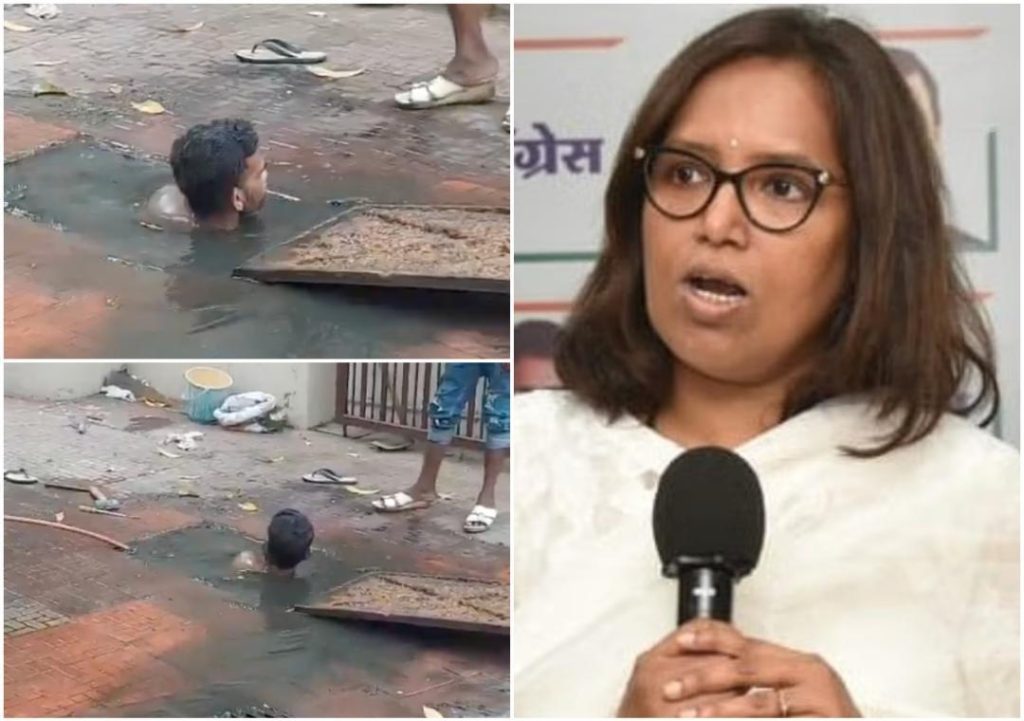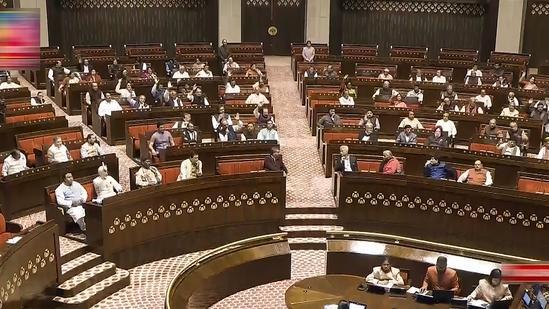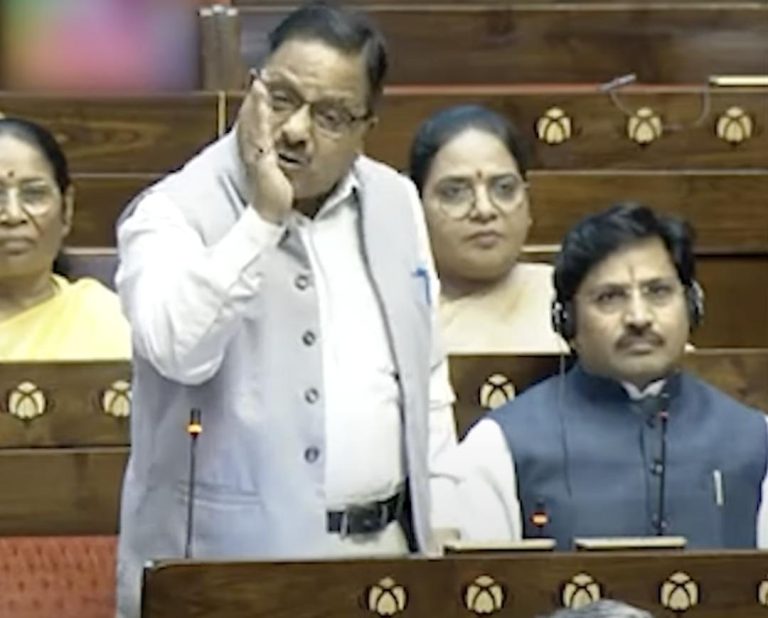
Must End It: Congress MP on Video of Man Cleaning Gutter in Mumbai
In a shocking revelation, a Congress MP from Mumbai North Central, Varsha Eknath Gaikwad, has shared a video on social media that highlights the deplorable practice of manual scavenging, which is banned in India since 2013. The video shows a man cleaning a gutter in Bandra, Mumbai, sparking outrage and concern among citizens and lawmakers alike. In her tweet, Gaikwad expressed her dismay and frustration at the continued existence of this inhumane practice, despite technological advancements and the availability of machines to perform such tasks.
The video, which has gone viral, shows the man crawling through the narrow and dirty gutter, braving the stench and filth to clear the clogged drain. The scene is a stark reminder of the harsh realities faced by manual scavengers, who are often forced to work in inhumane conditions without proper safety gear, adequate compensation, or basic human dignity.
Gaikwad’s tweet accompanying the video read, “Over a decade after India passed a law banning this inhuman practice…we’re still here. Machines exist. Technologies are available. What is missing is our will. We must end it.” Her words echo the sentiments of many who are tired of seeing such injustices persist in our society.
The video has sparked a heated debate on social media, with many users expressing their outrage and frustration at the continued existence of manual scavenging. Some have called for stricter enforcement of the laws and regulations in place, while others have emphasized the need for greater awareness and education about the issue.
Manual scavenging, also known as manual cleaning of sewers and septic tanks, is a dehumanizing practice that has been banned in India since the Prohibition of Employment as Manual Scavengers and their Rehabilitation Act, 2013. However, despite the ban, the practice continues to exist, particularly in urban areas like Mumbai.
According to a report by the National Commission for Safai Karmacharis, there are over 1.5 lakh manual scavengers in India, with many more forced to work in the informal sector. The report also highlights the lack of safety measures and the prevalence of accidents, injuries, and even fatalities among manual scavengers.
Gaikwad’s video is a stark reminder of the need for greater urgency and action to end manual scavenging. As a member of parliament, she has a responsibility to amplify the voices of those affected by this practice and to push for policy changes that can bring about meaningful reform.
In her tweet, Gaikwad also drew attention to the availability of machines that can perform the same tasks as manual scavengers, emphasizing the need for greater investment in technology and infrastructure to end the practice. This is a crucial point, as the use of machines and technology can not only improve the safety and dignity of workers but also reduce the environmental impact of manual scavenging.
The video has also sparked a conversation about the need for greater awareness and education about manual scavenging. Many have emphasized the importance of sensitizing citizens about the issue and the need for greater empathy and understanding towards those affected by it.
As a society, we have a responsibility to ensure that every individual has the right to live with dignity and respect. Manual scavenging is a practice that is fundamentally at odds with these values, and it is our collective duty to work towards ending it.
Gaikwad’s video is a powerful reminder of the need for greater action and urgency in addressing this issue. As we move forward, it is crucial that we prioritize policy changes, technological innovation, and community engagement to bring about meaningful reform.



